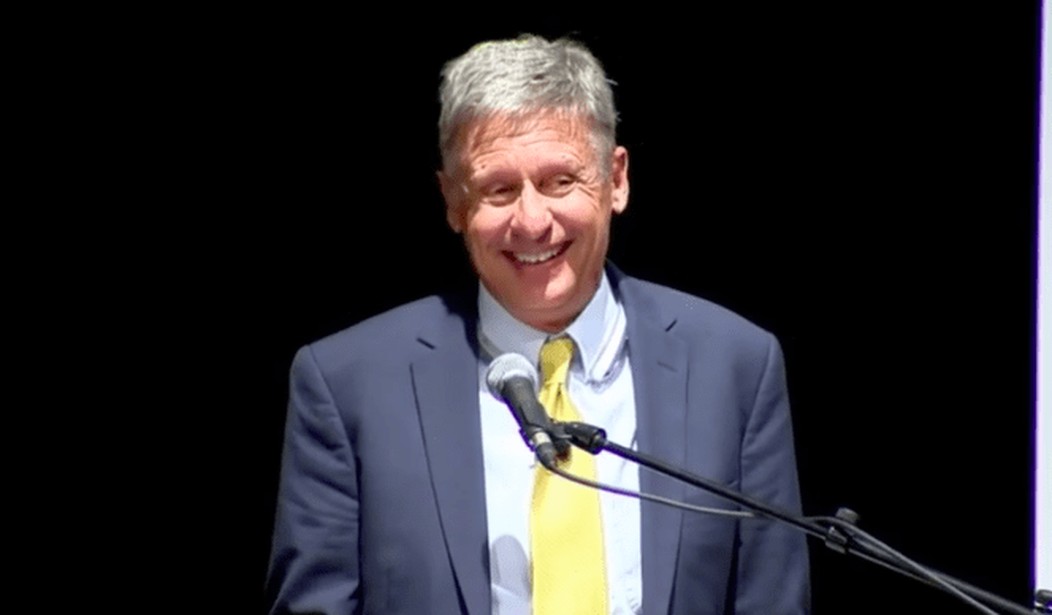WASHINGTON — The U.S. ambassador for international religious freedom called for all countries to scrap their blasphemy laws, arguing that “defamation of religion” laws just lead to persecution.
The State Department released its annual report on religious freedom two weeks ago, highlighting “the horrors that can result from false accusations of blasphemy in deeply conservative Islamic societies,” such as the mob murder in March 2015 of Farkhunda Malikzada, an Afghan woman accused of burning the Quran by a mullah she’d argued with earlier.
On the State Department blog, Ambassador David Saperstein wrote Wednesday that “it is shocking to note that almost half of the world’s countries have laws and policies that criminalize blasphemy, apostasy, conversion, or so-called ‘defamation of religion.'”
“These ‘crimes’ are sometimes punishable by death, as is the case in 12 countries, or life imprisonment. The impact of such laws, which tend to be vague and poorly defined, tends to drastically limit the exercise of freedom of religion and expression. They all too often lead to the persecution of members of minority groups,” Saperstein said.
As examples, he noted the cases of a university lecturer in Indonesia who posted on his Facebook page that “Allah will be happy if His verses are being recited with Minang, Ambon, Chinese, Hip hop, Blues style,” Coptic teens in Egypt charged with blasphemy, and Naghash Zargaran, a Christian convert in Iran who has been in prison since 2013 for apostasy.
“Furthermore, these laws have a cascading effect that go beyond simply infringing on an individual’s freedom of conscience and expression. Laws can contribute to shaping societal norms, and the enforcement of blasphemy laws has a pernicious effect on the rule of law in many countries,” Saperstein continued. “In numerous instances, mere accusations of blasphemy have sparked vigilante mob violence and killings,” including Farkhunda’s murder, “a Pakistani Christian couple being burned alive in a brick kiln, and dozens of targeted killings of Ahmadi Muslims in Pakistan in recent years.”
The religious freedom report noted that since 1990 more than 62 people have been killed by mob violence related to blasphemy charges. According to the U.S. Commission on International Religious Freedom (USCIRF), more than 40 people — including religious minorities — sit on Pakistan’s death row for blasphemy.
Saperstein recognized a July 2015 case in which “three Muslim leaders worked to quell a mob in Lahore after a group of people accused a Christian man of blasphemy for allegedly burning pages of the Quran.”
“The imam of a nearby mosque heard about the rising tensions and immediately went to the scene to calm the crowd,” he wrote. “He was joined by two other prominent Muslim leaders, and they physically stood between the angry mob and the Christian community until the crowd dissipated.”
The ambassador said his office continues to “regularly engage with other countries to call attention to particular cases and press governments to provide physical security and due process protections for individuals accused of blasphemy.”
“We also, through our programmatic work, support those who have fallen victim to blasphemy allegations and charges. Based on recommendations put forth in UN Human Rights Council Resolution 16/18, the United States has conducted workshops in several countries, bringing in experts to share best practices for building religiously tolerant societies. Our efforts also include grants funding that supports grassroots efforts to reform and repeal blasphemy laws globally,” Saperstein said.
“The task is daunting, but worthwhile because the repeal of blasphemy laws will ultimately, bring about a more free and prosperous world.”









Join the conversation as a VIP Member